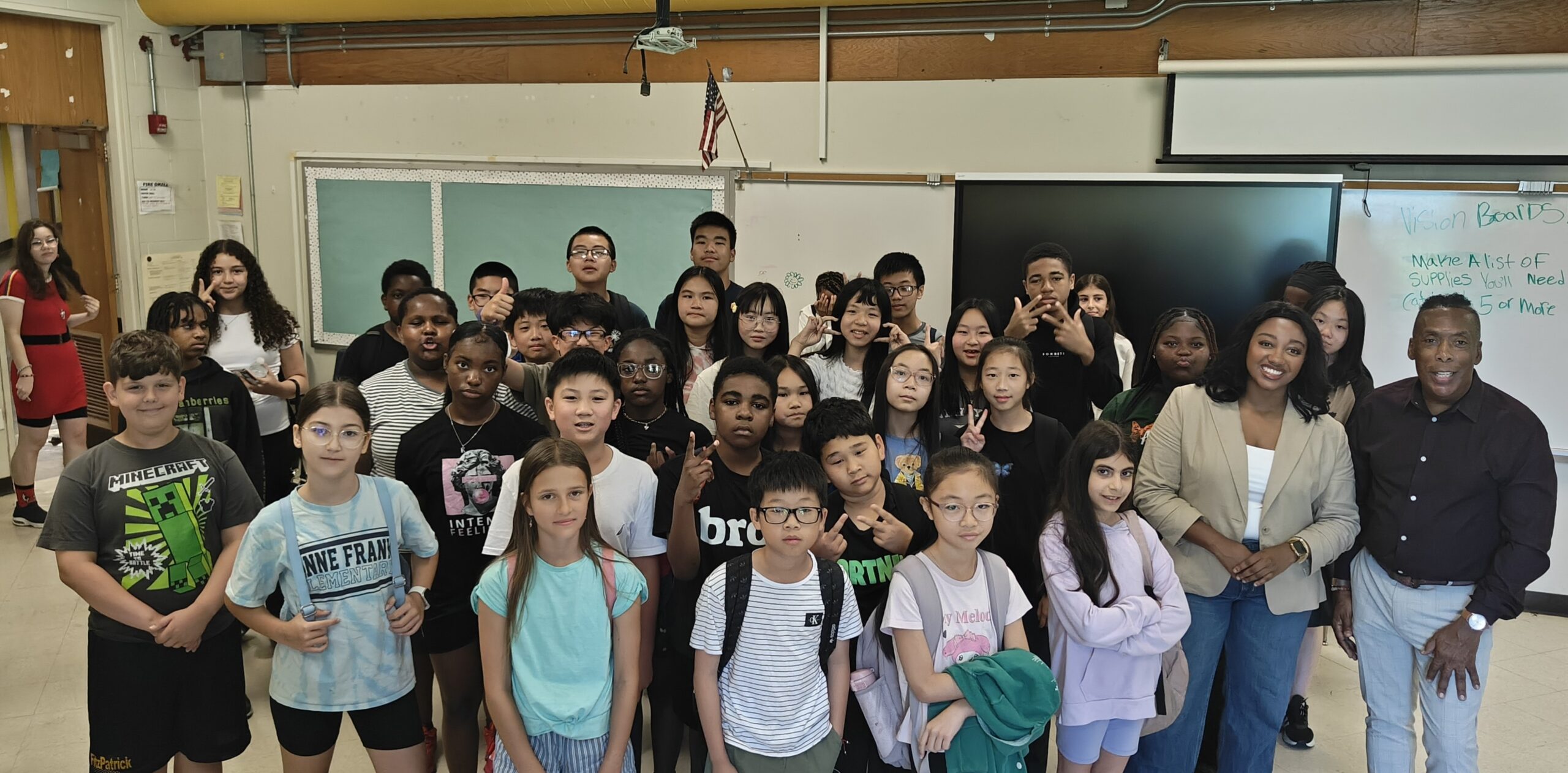
Education is often the cornerstone of personal and professional growth. From early schooling to higher education, the journey equips individuals with essential knowledge, analytical skills, and a mindset that prepares them to tackle complex challenges. Academic achievements are more than mere milestones—they serve as building blocks for critical thinking, problem-solving, and effective decision-making.
A robust educational background allows individuals to develop both theoretical and practical expertise. For example, students in fields like engineering, business, or technology often combine coursework with internships, research projects, and hands-on experiences. These opportunities create a well-rounded foundation, ensuring graduates are not only knowledgeable but also capable of applying their learning in real-world scenarios.
Learning Beyond the Classroom
Proper education extends far beyond textbooks and exams. Extracurricular activities, student organizations, research projects, and community service foster creativity, collaboration, and leadership skills. Engaging in these experiences equips students with abilities that cannot always be taught in a classroom but are essential in professional environments.
Interdisciplinary learning is another critical aspect of modern education. By exploring areas outside one’s primary field, students gain a broader perspective. A marketing student studying psychology, for example, can gain a deeper understanding of consumer behavior, while an engineering student learning business management can effectively lead projects and teams. These experiences cultivate adaptable and innovative thinkers who are ready to tackle diverse challenges in the workplace.
The Impact of Mentorship
While academic knowledge provides a strong foundation, mentorship often determines the trajectory of professional growth. Mentors provide guidance, share industry insights, and offer advice that helps mentees navigate challenges beyond the classroom. Through mentorship, aspiring leaders develop confidence, accountability, and a practical understanding of organizational dynamics.
Many successful professionals attribute their career growth to mentors who helped them refine skills, avoid common mistakes, and develop strategic thinking. Mentorship also fosters networking opportunities and encourages continuous learning, which is crucial in adapting to rapidly evolving industries.
From Classroom to Career
Transitioning from academia to professional life is both exciting and challenging. Academic settings provide structure and guidance, whereas professional environments demand self-motivation, initiative, and resilience. Graduates must learn to adapt to workplace culture, establish credibility, and contribute effectively to team and organizational goals.
Internships and entry-level positions serve as crucial bridges between education and career. These experiences enable individuals to apply theoretical knowledge, develop essential skills, and gain practical experience. They also offer opportunities to identify personal strengths, address areas for improvement, and cultivate leadership qualities that will support future professional growth.
Lifelong Learning as a Leadership Tool
Industry leaders recognize that education does not end with graduation. Continuous learning is essential for adapting to technological advancements, industry trends, and evolving workplace dynamics. Leaders who pursue ongoing professional development remain innovative, resilient, and capable of guiding teams through change.
Professionals include those pursuing advanced degrees, attending workshops, completing online courses, obtaining certifications, and participating in cross-functional projects. These initiatives expand knowledge, enhance strategic thinking, and improve decision-making skills. By staying current with industry trends, leaders can anticipate challenges, implement innovative solutions, and inspire teams to achieve organizational objectives.
Education as a Catalyst for Leadership
Education equips individuals with more than just technical skills—it fosters qualities like empathy, resilience, and ethical judgment, all of which are vital for effective leadership. Exposure to collaborative projects and critical discussions prepares aspiring leaders to motivate teams, make informed decisions, and handle complex situations with confidence and effectiveness.
Moreover, educational experiences cultivate cultural awareness and inclusivity, preparing leaders to operate in diverse, globalized environments. Students who interact with peers from various backgrounds gain an understanding of differing perspectives, enhancing their ability to manage teams and projects across cultures.
Leveraging Knowledge for Lasting Impact
A successful leader combines education, experience, and strategic insight to make meaningful contributions within their industry. Knowledge empowers leaders to innovate, mentor others, and positively influence organizational culture. By applying lessons learned in both academic and professional settings, they create a ripple effect of growth and development across teams and organizations.
Leaders committed to lifelong learning not only advance their own careers but also inspire others to grow. They embrace change, leverage emerging technologies, and continuously seek innovative solutions. Education, therefore, is not just a personal asset but a catalyst for broader organizational success.
The Future of Leadership Through Education
In an era of rapid technological advancement and global competition, tomorrow’s leaders are those who invest in continuous education. Academic foundations, combined with real-world experience and ongoing professional development, cultivate adaptive, forward-thinking leaders who are capable of navigating uncertainty.
By viewing education as a lifelong journey rather than a finite goal, professionals can maintain relevance, drive innovation, and contribute meaningfully to their industries. The combination of knowledge, mentorship, and practical experience forms a pathway to leadership that is both sustainable and impactful.
Education as the Lifelong Compass
From early learning experiences to executive leadership, education shapes the trajectory of professional and personal success. Academic pursuits provide knowledge, mentorship offers guidance, and professional experiences refine practical skills. Leaders who embrace lifelong learning are not only equipped to achieve career success but also to inspire, innovate, and leave a lasting legacy.
Education is more than a series of achievements—it is a compass guiding individuals through the complexities of modern industries, helping them adapt, grow, and lead with vision. By committing to continuous learning, aspiring leaders transform knowledge into action, creating pathways for personal growth and industry-wide impact.